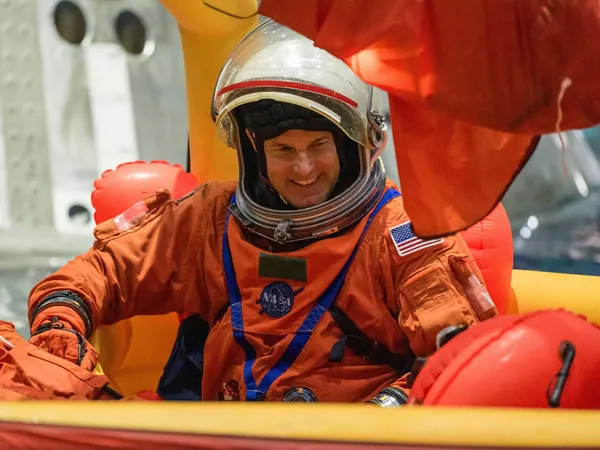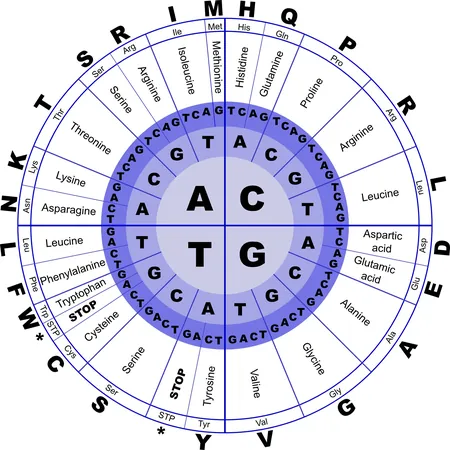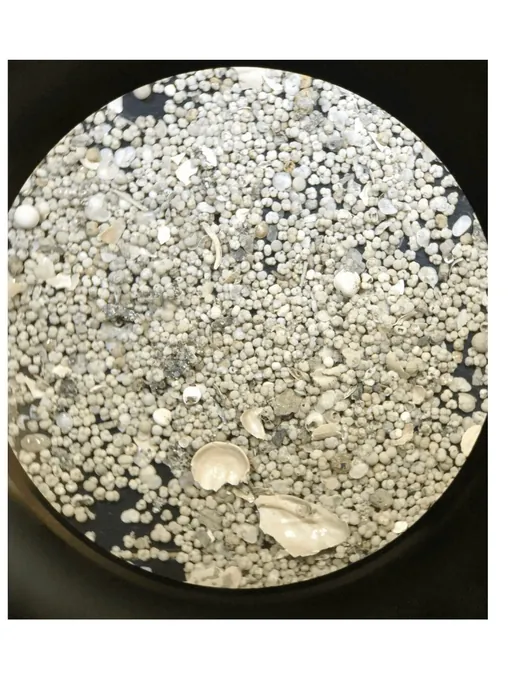
Schulich Researchers in a Race Against Time to Combat Antibiotic Resistance
2024-09-27
Introduction
In a high-stakes showdown between modern medicine and stubborn bacteria, researchers at the Schulich School of Medicine & Dentistry are rising to the challenge of antibiotic resistance. As experts underscore the alarming reality that bacteria are outpacing our medical innovations, this dedicated team is determined to turn the tide.
Leadership in Research
At the forefront of this battle is David Heinrichs, a professor of microbiology and immunology, who leads his team in the Heinrichs Lab. His research focuses on exposing the weaknesses of pathogenic bacteria, particularly identifying genetic factors essential for their survival in human hosts. This knowledge is pivotal not only for devising new treatments but also for advancing vaccine development.
"We're currently experiencing what's known as the 'drug discovery void,'" warns Heinrichs. "With bacteria evolving rapidly, we may soon face a scenario where we could be unable to effectively treat certain infections."
The Dangers of Antibiotic Resistance
The implications are grave; when bacteria become resistant to antibiotics, traditional treatments falter, leading to escalated risks of spreading infections. One of the prime targets of this research is Staphylococcus aureus, notorious for causing skin and soft tissue infections. The emergence of methicillin-resistant Staphylococcus aureus (MRSA) adds another layer of urgency, as these strains resist multiple antibiotics and spread swiftly.
Understanding Bacterial Adaptation
"As our immune system finds ways to fight back, bacteria continuously adapt, while new antibiotics often find resistance before they can even be tested," explained Alex Sheikh, a BMSc graduate and an integral part of Heinrichs’ team.
Research on Iron Uptake Mechanisms
With a keen focus on iron uptake mechanisms crucial for the survival of MRSA, Sheikh’s research identifies genetic components that allow bacteria to navigate hostile environments, such as the human immune response. This research sheds light on novel approaches to combat bacterial infections and holds promise for the development of effective MRSA vaccines.
Personal Journey and Inspiration
Sheikh’s passion for infectious disease stems from his captivated view of the ongoing struggle between host and pathogen. "What excites me about this research is how, despite our knowledge, bacteria constantly evolve and present new challenges," he commented.
His journey into the world of research began unexpectedly. Initially aiming for medical school, Sheikh found his calling during a transformative internship with Agriculture and Agri-Food Canada, where he investigated antibiotic resistance in environmental pathogens. This experience opened his eyes to the vibrant world of scientific discovery and research's critical role in addressing health challenges.
Community Engagement
"I always thought research was out of reach for me, but working in the Heinrichs Lab has shown me that I can contribute meaningfully in this field," he reflected.
Sheikh’s engagement with the community extends beyond the lab; as vice president of Communications for Active Minds, a mental health awareness club, he has also become a mentor to fellow students through various organizations. His evolving perspective on career paths, marked by a deepened understanding of mental health, has encouraged him to embrace diverse opportunities in the scientific realm.
Conclusion
As antibiotic resistance continues to pose a threat, researchers like Heinrichs and Sheikh are not just allies in this battle; they are pioneers seeking innovative solutions. Their work might be the key to overcoming one of the most pressing issues of our time—showing that, while bacteria may evolve, human ingenuity may triumph.
Stay tuned, as this fight against "superbugs" intensifies, and watch how groundbreaking research might just redefine our future of medicine!









 Brasil (PT)
Brasil (PT)
 Canada (EN)
Canada (EN)
 Chile (ES)
Chile (ES)
 España (ES)
España (ES)
 France (FR)
France (FR)
 Hong Kong (EN)
Hong Kong (EN)
 Italia (IT)
Italia (IT)
 日本 (JA)
日本 (JA)
 Magyarország (HU)
Magyarország (HU)
 Norge (NO)
Norge (NO)
 Polska (PL)
Polska (PL)
 Schweiz (DE)
Schweiz (DE)
 Singapore (EN)
Singapore (EN)
 Sverige (SV)
Sverige (SV)
 Suomi (FI)
Suomi (FI)
 Türkiye (TR)
Türkiye (TR)